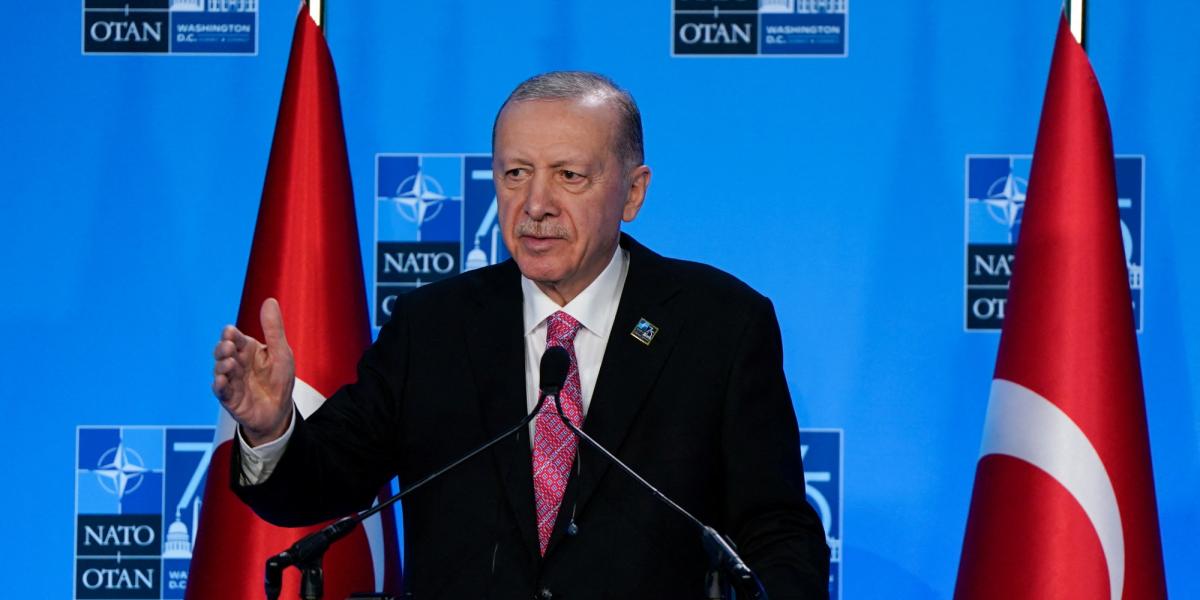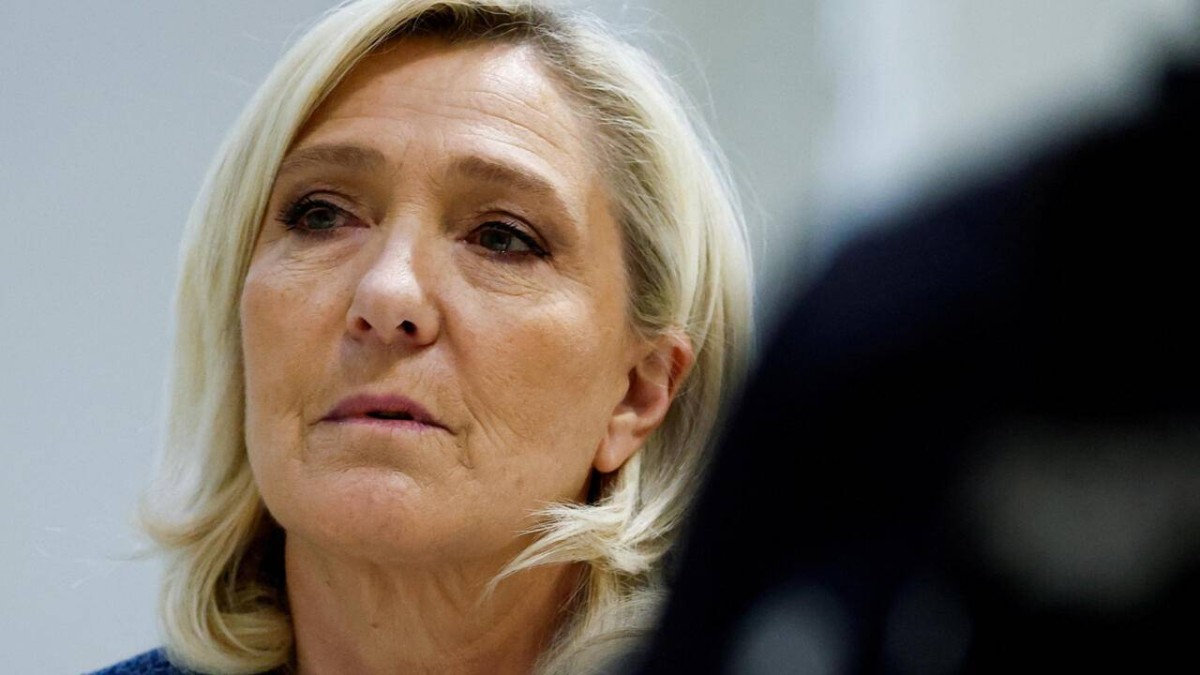Marine Le Pen's Political Turmoil
The recent legal challenges against Marine Le Pen ignite a debate on her political future and influence on French politics amidst accusations of judicial overreach and political interference.
Published April 01, 2025 - 00:04am

Image recovered from redstate.com
French politics is currently under intense scrutiny following the conviction of Marine Le Pen, leader of the far-right National Rally party, by a French court for the embezzlement of EU funds. The ruling imposes a significant hurdle for Le Pen as it carries a ban from running in the 2027 presidential election. Her aides were implicated for carrying out party work while being paid as EU parliamentary assistants. This situation, perceived by many of her supporters as an attempt to sideline her from French politics, raises questions of judicial impartiality and political motives.
Le Pen, 56, has been a polarizing figure in French and European politics, often challenging mainstream positions and pushing anti-immigration policies. Her legal troubles began with an investigation into the misuse of funds allocated for parliamentary staff, leading to accusations of fraud. Despite the court's finding, Le Pen maintains her innocence, suggesting that the charges are politically motivated. She argues that the convictions undermine voter choice and depicts them as an attack on democracy itself, reinforcing sentiments that her party and its followers are being unjustly targeted.
The case has stirred discussions on the influence and potential bias of the judiciary in political affairs, with critics likening it to similar cases in Romania, Brazil, and even the United States, notably involving figures such as Donald Trump. This interpretation sees Le Pen as the latest in a series of right-wing political leaders facing legal battles perceived to be rooted more in political rivalry than genuine legal violations.
Moreover, the legal battles have implications for the future of the National Rally, particularly in light of Le Pen's prominent political status. Whilst her potential absence from the 2027 election creates a significant gap, there emerges the possibility that Jordan Bardella, the current party president, might step up as the new candidate. Bardella, already a favored choice among National Rally sympathizers, offers a continuation of Le Pen's policies, yet there's skepticism about his experience and capability to sustain the party's momentum and polling lead in Le Pen's absence.
The fallout from the court's decision is not just confined to the legal domain. It has broader ramifications on public opinion and trust in political parties and judicial systems. There's a rising concern regarding the role of judiciary in shaping political landscapes, with some analysts and supporters of Le Pen warning against what they see as judicial overreach. Figures like Arnaud Benedetti emphasize the growing mistrust in the judicial processes, which they argue threaten to delegitimize democratic institutions themselves.
On the domestic front, Le Pen has previously been seen as the frontrunner for the presidency with certain public opinion polls favoring her over other candidates, including President Emmanuel Macron. Yet her conviction could see a realignment of political alliances and strategies, especially if Bardella gains recognition or if other political figures seize the opportunity to capitalize on her absence.
Internationally, Le Pen's legal and political narrative resonates with a broader discussion on the treatment of far-right politicians and whether existing legal frameworks inadvertently stifle diverse ideological representations in democracies. With reactions both within France and beyond, the unfolding situation places France under a global lens, making it an exemplar of how political and judicial systems interact, sometimes contentiously.
The decision also affects Le Pen's personal trajectory and that of her party. While there are calls for appeal and legal challenges, the timelines remain precarious, making what seemed predictable a year ago now fraught with uncertainties. Furthermore, these developments rekindle debates on France's immigration policy, EU relations, and overall political identity, topics that have been central to Le Pen's platform.
This political and legal turmoil invites continuous examination of its long-term implications for French democracy, the National Rally, and Le Pen herself. As Le Pen prepares to challenge the ruling legally, and possibly politically, the story remains one of intrigue, highlighting issues of political influence, judicial processes, and democratic representation in a modern European state.






